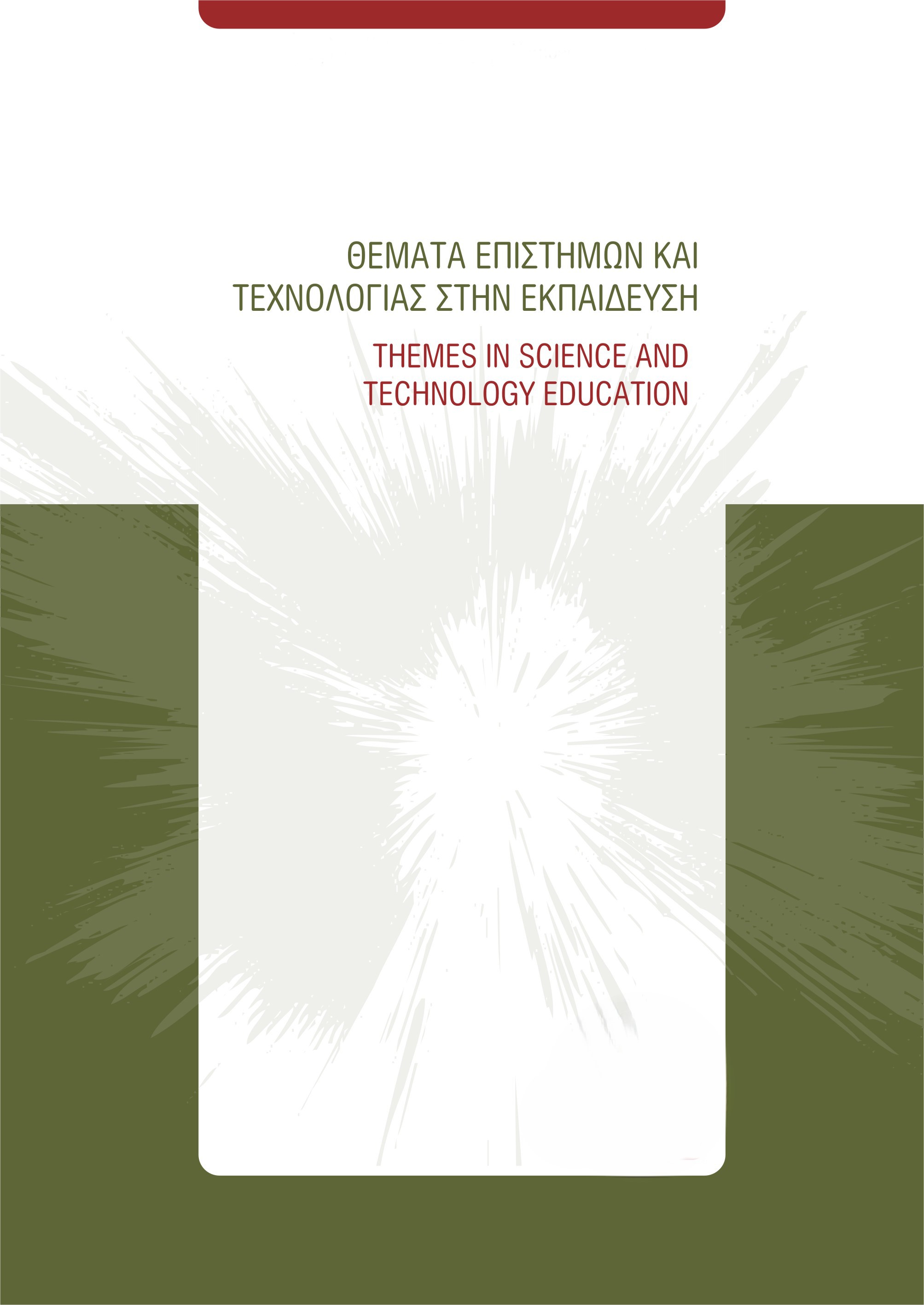Μελέτη θετικών συναισθημάτων στο πλαίσιο ενός Μαζικού Ανοικτού Διαδικτυακού Μαθήματος για τη διαπολιτισμική εκπαίδευση και επικοινωνία

Περίληψη
Η εργασία είχε ως στόχο την ανίχνευση του βαθμού εκδήλωσης τριών θετικών συναισθημάτων, της ευχαρίστησης, της υπερηφάνειας και της ελπίδας, από συμμετέχοντες σε ένα μαζικό ανοικτό διαδικτυακό μάθημα. Για τη συλλογή των δεδομένων χρησιμοποιήθηκαν τρία ερωτηματολόγια αυτοαναφοράς σε συγκεκριμένες χρονικές στιγμές της εκπαιδευτικής διαδικασίας. Τα αποτελέσματα έδειξαν ότι οι εκπαιδευόμενοι που βίωσαν θετικά συναισθήματα, σημείωσαν υψηλές επιδόσεις, έθεσαν ως στόχο τους την απόκτηση πιστοποίησης και επέλεξαν να σχολιάσουν την εκπαιδευτική εμπειρία τους. Τα επιπλέον στοιχεία που επηρέασαν θετικά τους εκπαιδευόμενους, όπως αναδείχθηκε από τα σχόλιά τους, αφορούσαν στον εκπαιδευτή και τη δομή του μαθήματος. Η έρευνα αναδεικνύει τη σημασία των θετικών συναισθημάτων στην εξ αποστάσεως εκπαίδευση και πως αυτά συνδέονται με την επίδοση και την επιτυχή ολοκλήρωση ενός μαθήματος.
Λεπτομέρειες άρθρου
- Πώς να δημιουργήσετε Αναφορές
-
Μιχαηλίδου Μ., Τσιάρα Α., Χαλκή Π., & Μπαμίδης Π. (2019). Μελέτη θετικών συναισθημάτων στο πλαίσιο ενός Μαζικού Ανοικτού Διαδικτυακού Μαθήματος για τη διαπολιτισμική εκπαίδευση και επικοινωνία. Θέματα Επιστημών και Τεχνολογίας στην Εκπαίδευση, 12(1), 1–14. https://doi.org/10.12681/thete.39994
- Τεύχος
- Τόμ. 12 Αρ. 1 (2019)
- Ενότητα
- Articles





